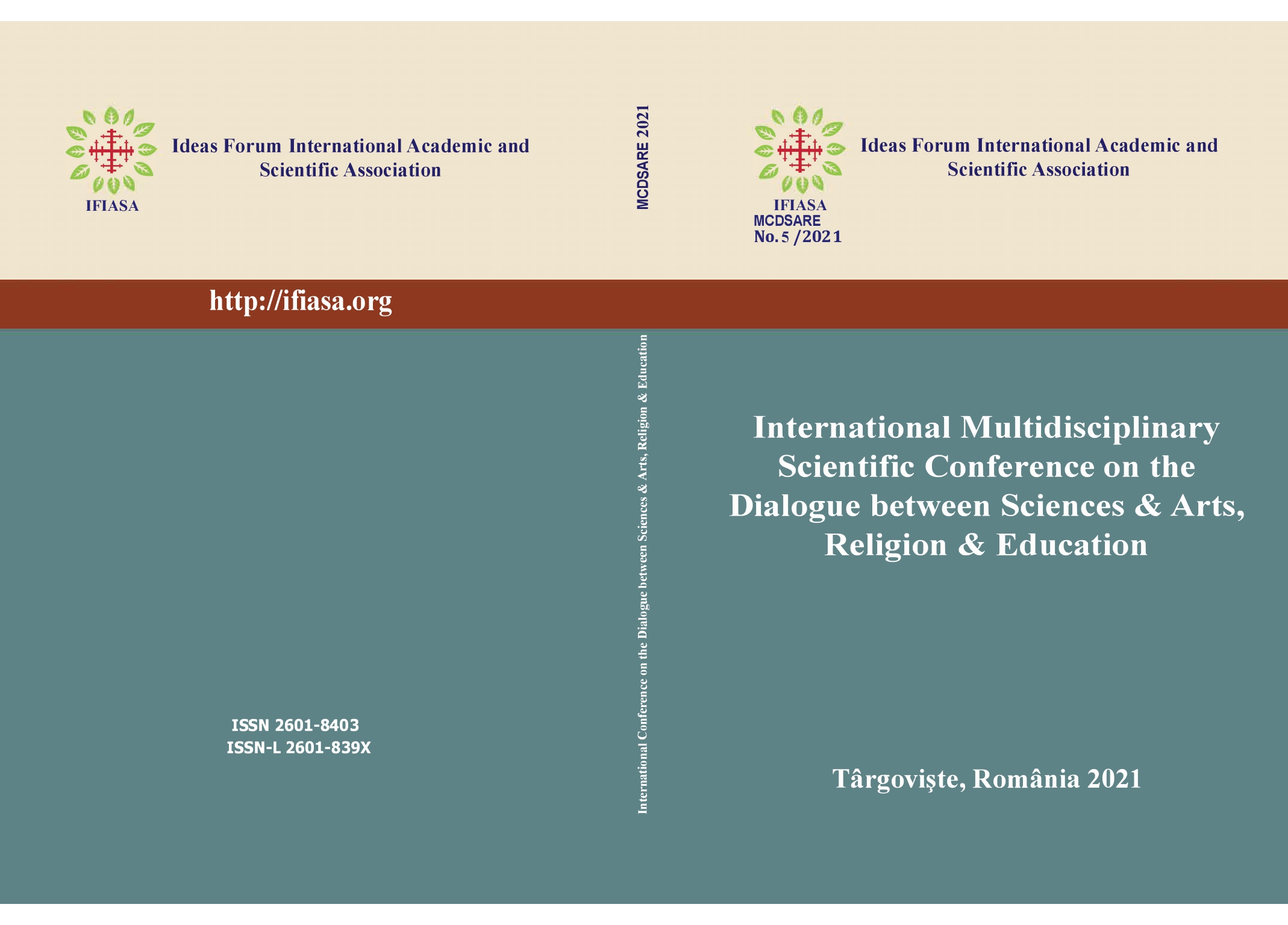THE UNYIELDING POWER OF LOVE: CHRISTIANITY'S IMPACT ON SOCIAL WELFARE AND HEALTHCARE
THE UNYIELDING POWER OF LOVE: CHRISTIANITY'S IMPACT ON SOCIAL WELFARE AND HEALTHCARE
Author(s): Sorin ButeSubject(s): Theology and Religion, Religion and science
Published by: Ideas Forum International Academic and Scientific Association
Keywords: Christianity; Social Assistance; Medical Assistance; Love and Compassion; Human Dignity;
Summary/Abstract: This article explores the revolutionary impact of Christianity on social and medical assistance,emphasizing the profound influence of Christian values in shaping society. The Church played a crucial role in establishing institutions to care for the vulnerable, laying the foundation for modern state social and medical assistance systems. Christianity's emphasis on love, compassion, and the inherent worth of every human life as image of God remains relevant and transformative in the modern world. The Church's continued role in society is essential, as these values cannot be formalized or reduced to secular concepts,but stem from a deep conviction in God's initial love for humanity. The article discusses the revolutionary impact of Christianity on social and medical assistance, asserting that these services were born within the Church out of love. Christianity introduced the value of love as a new commandment and emphasized the absolute value of the human person, leading to the establishment of institutions like orphanages, homes for the elderly, and hospitals. The "Epistle to Diognetus," a 2nd-century Christian writing, is highlighted as an early testimony of Christian values that set believers apart from the prevailing Roman Empire culture. The article also explores how Christianity shaped the concept of humanity and the dignity of the human person. The belief in the Incarnation and the Imago Dei elevated human worth, contributing to the development of human rights, compassion, and care for the vulnerable. Early Christian communities established hospitals, and monastic communities played a significant role in providing medical care.Moreover, the Byzantine Empire's contributions to healthcare and hospitals are examined, showcasing how Christianity integrated medical science with spiritual healing and emphasized compassionate care for the sick and vulnerable. In conclusion, the article emphasizes that the values of love and care for the vulnerable remain relevant and continue to shape modern society, with the Church's role in promoting these values remaining essential.
- Issue Year: 6/2022
- Issue No: 6
- Page Range: 82-88
- Page Count: 7
- Language: English

